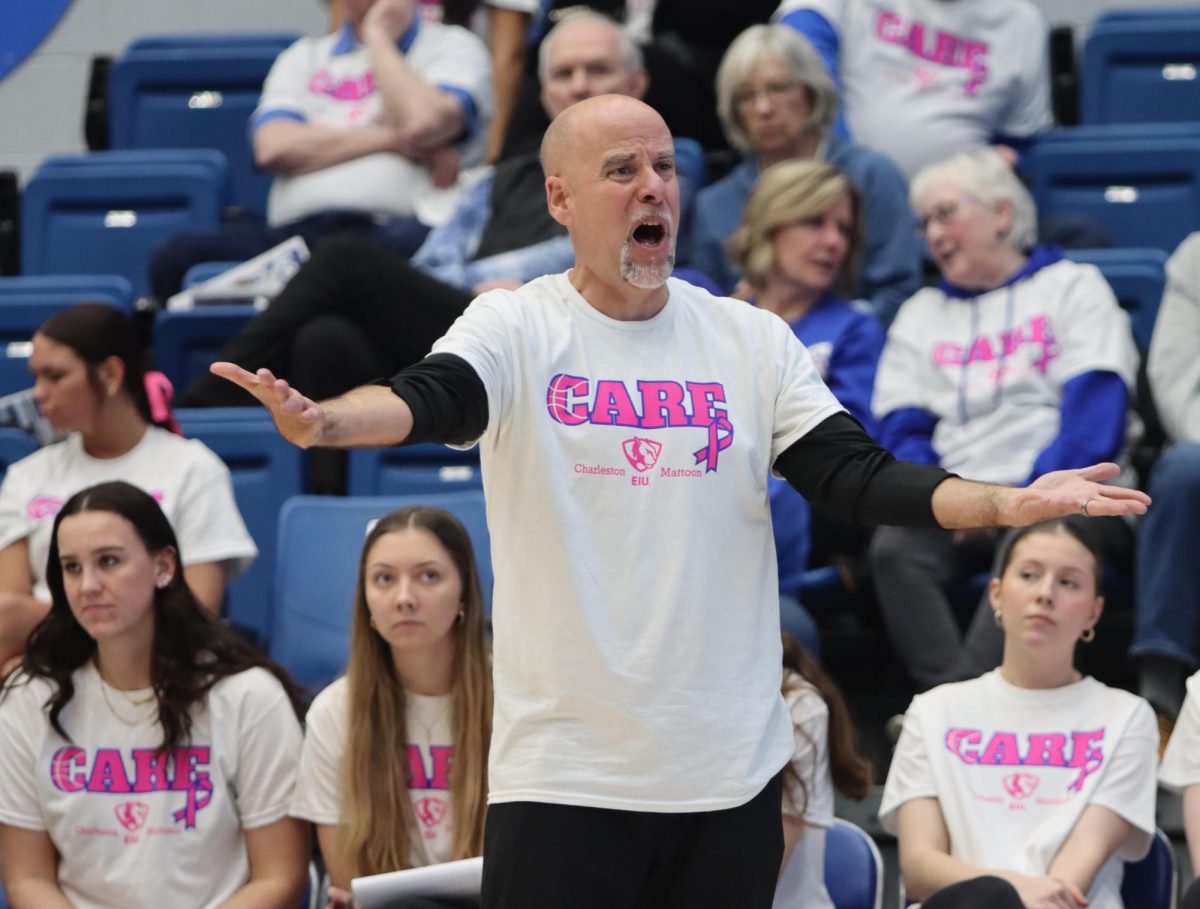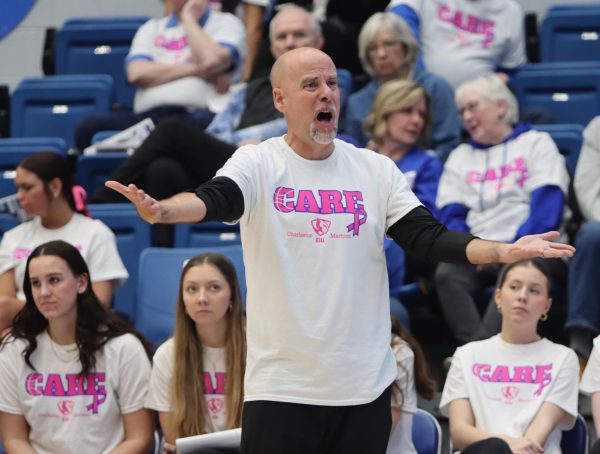No Green in the media
Two of Illinois’ candidates for governor debated Monday night. Their third opponent was sidelined to the audience.
As incumbent Rod Blagojevich and State Treasurer Judy Baar Topinka clashed heads, Green Party candidate Rich Whitney, a certified candidate, sat in the audience listening.
The stated reason Whitney was excluded from the debate was because he was not an official candidate at the time the debate was scheduled. Whitney responded by saying this was not his fault and that the “Blagojevich machine” held him back.
Whitney believes the reason the main party candidates held him from the debate was because they were scared. After listening to Whitney speak independently and the other two debate each other, I agree with his analysis.
I learned more about what Whitney stands for in the 10 minutes I spoke with him outside the debate and from his post-debate press conference than I did about Blagojevich and Topinka’s stances from the entire one-hour debate.
Whitney was the only one who would take a stance on an issue and make a clear point about it. Blagojevich and Topinka felt a need to dance around issues, make attacks on one another, and prevent the public from learning what they stand for.
In the first 20 minutes of the debate, Blagojevich and Topinka accused each other of being the cause for all of Illinois’ corruption. Even the moderators asked if we would get to hear anything of real substance.
“(I feel) like I walked on to the set of the ‘Jerry Springer Show,'” Whitney said.
The landscape of the debate would have been totally different if Whitney had been allowed to participate. He would not have sat around and let the others dance around the important issues, like the high levels of corruption in the state.
After the debate and the post-debate press conferences, Whitney stayed around and answered all the questions that were asked to Blagojevich and Topinka. Due to the late ending of the conferences, Whitney also recorded this question and answer session and made it available to all Illinois media as an MP3 file.
“This way everyone will have the full debate,” he said.
The real shame of the night was that a majority of the audience and the media representatives left the auditorium before Whitney took the stage for his post-debate press conference.
Journalists live by the code of the First Amendment and the opportunity for freedom of expression and opinions it offers. It would be really nice if journalists would give people the opportunity to share these different opinions.
Now, it’s not possible to listen to everything that every fringe candidate has to say, but Whitney is a certified candidate; his name is on the ballot. He’s not some whacked out nut job trying to be written in representing the socialist party.
I understand that most people don’t feel it’s worth their time to listen to Whitney because he stands practically no chance of winning. But that’s not the attitude to have.
How can we ever expect someone to have a chance of winning when we won’t even take the time to hear what he has to say? The media’s job is to inform the public.
If we, as journalists, don’t allow Whitney time to spread his message and to inform the public about his platform, then we are failing at our jobs.
Many people are dissatisfied with the current condition of our state. Maybe Rich Whitney is the answer. But how would we know? He gets minimal coverage, so how are we supposed to know what he can do to save our state?
That’s right. We should be reading about it from the media.
For a better look at Whitney’s message, visit http://www.whitneyforgov.org or learn about the Illinois Green Party from http://www.ilgp.org.












































